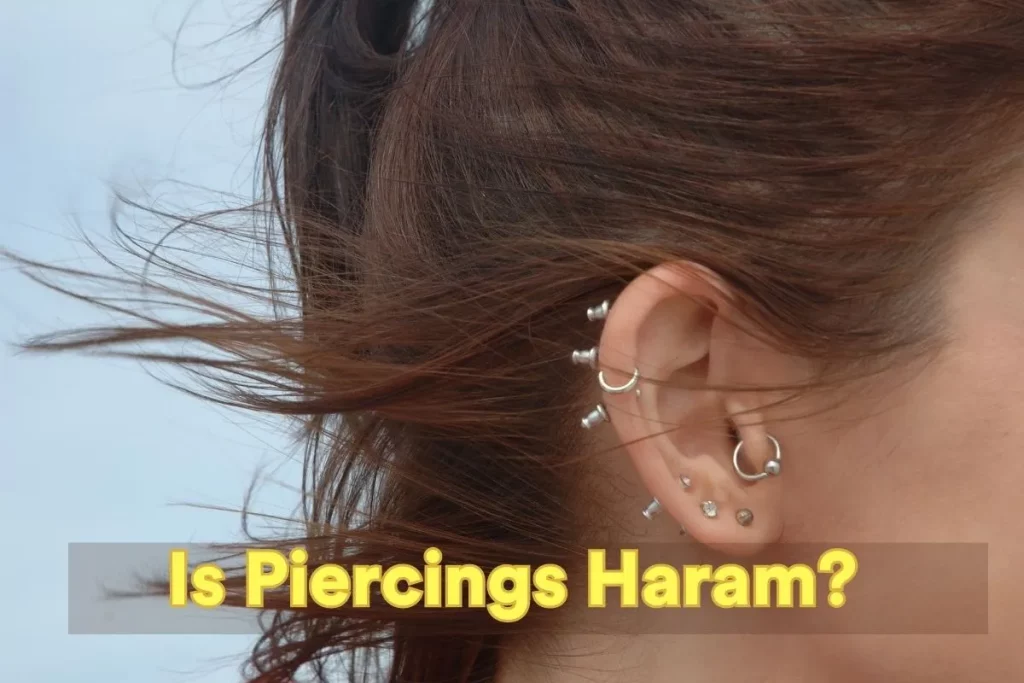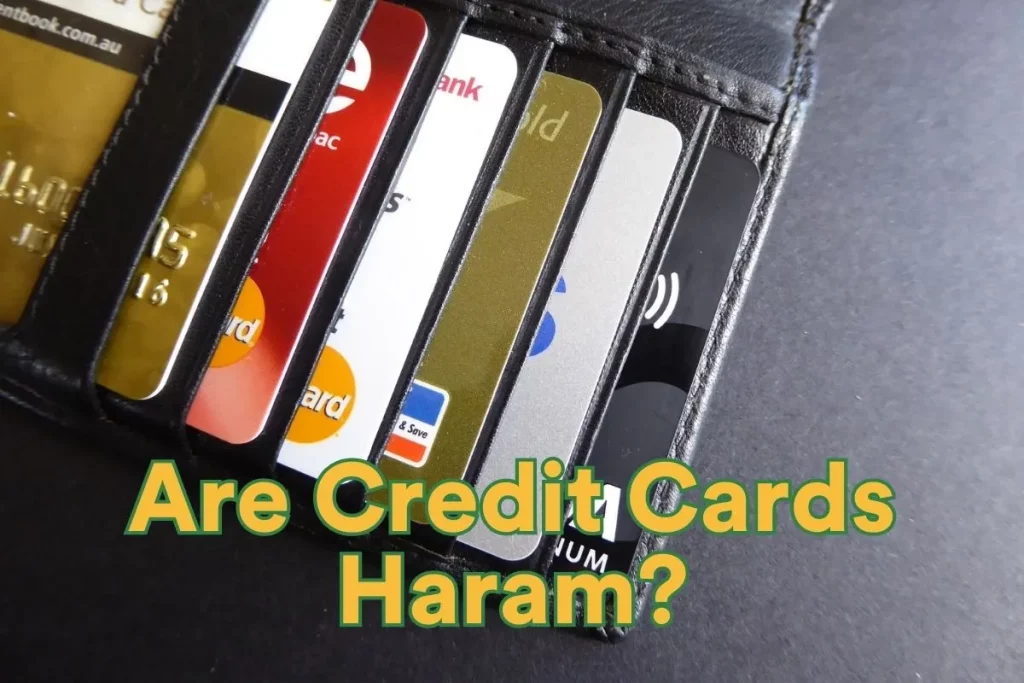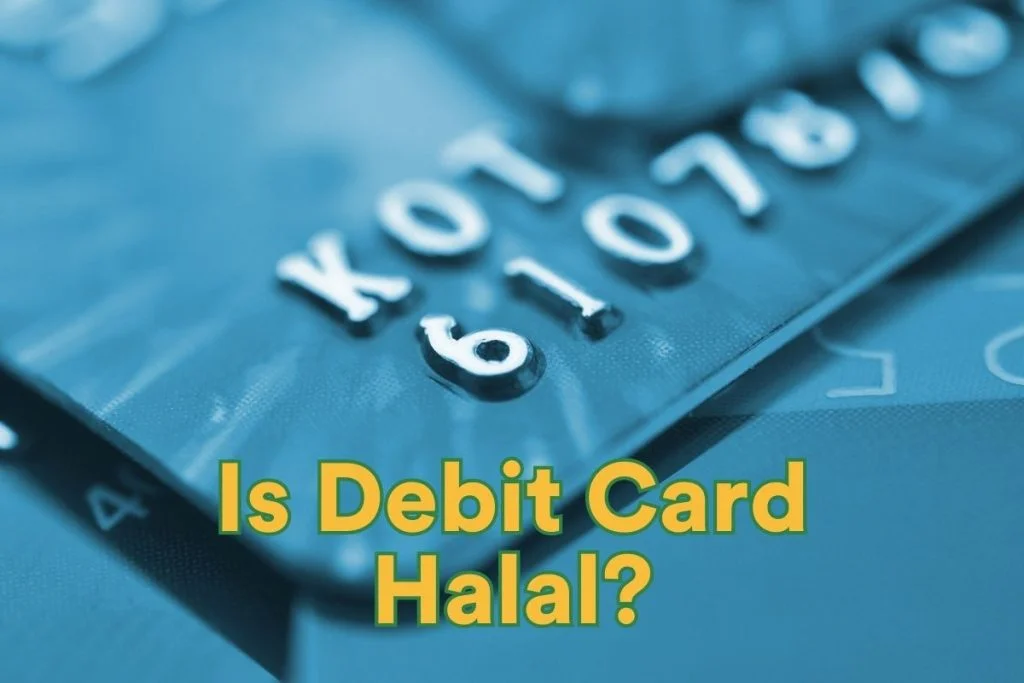Piercings, a form of body modification, have been a part of human culture for centuries. They hold diverse meanings across various societies and are often considered expressions of individuality and cultural identity.
However, when it comes to the context of Islam, piercings have sparked debates and controversies. This article aims to shed light on the Islamic perspective of piercings, addressing misconceptions and providing insights into their permissibility within the faith.
Key Takeaways
| 📌 Piercings are a diverse cultural practice with varying interpretations in Islam. |
| 📌 Some scholars permit specific piercings like earrings for women within the framework of modesty and respect for the body. |
| 📌 Tattoos and piercings’ permissibility in Islam differs based on scholarly opinions and adherence to Islamic principles. |
Misconceptions About Piercings
Misunderstandings often arise regarding the permissibility of piercings in Islam. Some misconceptions stem from the belief that all forms of piercings are unequivocally haram.
However, addressing these misconceptions requires a nuanced understanding of Islamic teachings and cultural practices. Like the misconceptions that might surround certain cultural practices, such as traditional dances during weddings, the truth about piercings in Islam lies in the examination of religious guidelines.
Differentiating Cultural Practices
It is crucial to differentiate between practices that hold religious significance and those that are rooted in culture. Cultural practices, like wearing certain earrings, can sometimes be mistakenly associated with religious mandates.
For instance, nose piercing has cultural significance in many regions such as Pakistan, but it’s not inherently tied to religious obligations. Similarly, when navigating the realm of cultural practices, individuals may encounter traditions like Mehndi (henna) application during weddings, which are distinct from religious observances.
In contemporary times, piercing trends have expanded beyond traditional forms to encompass more unique and daring options such as Tongue Piercing, Belly Piercing, and Nipple Piercing. These modern forms of body modification have gained popularity as forms of self-expression and artistic exploration.
Islamic Views on Physical Appearance
In Islam, the concept of physical appearance extends beyond aesthetics; it encompasses modesty and self-presentation that reflect an individual’s spirituality and moral values. This emphasis on inner and outer alignment is consistent with the broader Islamic principles observed during various occasions, including religious celebrations such as Eid and cultural events like weddings.
Just as Muslims put effort into presenting themselves respectfully on these occasions, the consideration of piercings also falls under this framework of self-presentation.
Is Piercing Haram or Halal?
Piercing is permissible (allowed) for women even though there are a few scholars who prohibit it. Among those who prohibit it are scholars like Ibnul Jauzi. Their rationale is that piercing can be painful, and adorning the ears is not deemed essential or urgent.
Regarding the evidence supporting the permissibility of piercing for women, the following hadith serves as an example.
حَدَّثَنَا أَحْمَدُ بْنُ مُحَمَّدٍ، أَخْبَرَنَا عَبْدُ اللَّهِ، أَخْبَرَنَا سُفْيَانُ، عَنْ عَبْدِ الرَّحْمَنِ بْنِ عَابِسٍ، سَمِعْتُ ابْنَ عَبَّاسٍ ـ رضى الله عنهما ـ
سَأَلَهُ رَجُلٌ شَهِدْتَ مَعَ رَسُولِ اللَّهِ صلى الله عليه وسلم الْعِيدَ أَضْحًى أَوْ فِطْرًا قَالَ نَعَمْ لَوْلاَ مَكَانِي مِنْهُ مَا شَهِدْتُهُ ـ يَعْنِي مِنْ صِغَرِهِ ـ
قَالَ خَرَجَ رَسُولُ اللَّهِ صلى الله عليه وسلم فَصَلَّى ثُمَّ خَطَبَ، وَلَمْ يَذْكُرْ أَذَانًا وَلاَ إِقَامَةً، ثُمَّ أَتَى النِّسَاءَ فَوَعَظَهُنَّ وَذَكَّرَهُنَّ وَأَمَرَهُنَّ بِالصَّدَقَةِ، فَرَأَيْتُهُنَّ يَهْوِينَ إِلَى آذَانِهِنَّ وَحُلُوقِهِنَّ يَدْفَعْنَ إِلَى بِلاَلٍ، ثُمَّ ارْتَفَعَ هُوَ وَبِلاَلٌ إِلَى بَيْتِهِ.
Narrated `Abdur-Rahman bin `Abis:
I heard Ibn `Abbas answering a man who asked him, “Did you attend the prayer of `Id al Adha or `Idal- Fitr with Allah’s Messenger (ﷺ)?” Ibn `Abbas replied, “Yes, and had it not been for my close relationship with him, I could not have offered it.” (That was because of his young age).
Ibn `Abbas further said, Allah’s Messenger (ﷺ) went out and offered the Id prayer and then delivered the sermon.” Ibn `Abbas did not mention anything about the Adhan (the call for prayer) or the Iqama.
He added, “Then the Prophet (ﷺ) went to the women and instructed them and gave them religious advice and ordered them to give alms and I saw them reaching out (their hands to) their ears and necks (to take off the earrings and necklaces, etc.) and throwing (it) towards Bilal. Then the Prophet (ﷺ) returned with Bilal to his house. “
Furthermore, a narration is also found in Sahih Muslim:
جَلَسَ إِحْدَى عَشْرَةَ امْرَأَةً فَتَعَاهَدْنَ وَتَعَاقَدْنَ أَنْ لا يَكْتُمْنَ مِنْ أَخْبَارِ أَزْوَاجِهِنَّ شَيْئًا … قَالَتْ الْحَادِيَةَ عَشْرَةَ : زَوْجِي أَبُو زَرْعٍ وَمَا أَبُو زَرْعٍ أَنَاسَ مِنْ حُلِيٍّ أُذُنَيَّ … قَالَتْ عَائِشَةُ : قَالَ رَسُولُ اللَّهِ صَلَّى اللَّهُ عَلَيْهِ وَسَلَّمَ : كُنْتُ لَكِ كَأَبِي زَرْعٍ لأُمِّ زَرْعٍ
There were eleven women who sat together, and they agreed and promised not to hide anything about the characteristics of their husbands… the eleventh woman said: “My husband is Abu Zar’in, How fine Abu Zara’ is! He has suspended in my ears heavy ornaments”. … Aisha said, the Messenger of Allah, may God bless him and grant him peace, said to him: “I am for you, as Abu Zar’in is for Umm Zar’in.”
The aforementioned hadith illustrates that the Prophet Muhammad ﷺ (peace and blessings be upon him), did not object to the actions of Abu Zar’in, who adorned his wife’s ears with ear jewelry. In fact, the Prophet ﷺ himself expressed a desire to engage in a similar action as that of Abu Zar’in towards his wife (Aisha).
Is Piercing Haram for Men?
Upon grasping the fact that women are permitted to do earrings for adornment, it becomes evident that piercing is inherently associated with feminine attributes. Consequently, traits specific to women should not be replicated by men. This notion finds support in the words of Ibn Abbas radhiyallahu ‘anhuma, who stated:
لَعَنَ رَسُولُ اللَّهِ صَلَّى اللَّهُ عَلَيْهِ وَسَلَّمَ الْمُتَشَبِّهِينَ مِنْ الرِّجَالِ بِالنِّسَاءِ وَالْمُتَشَبِّهَاتِ مِنْ النِّسَاءِ بِالرِّجَالِ
Narrated Ibn `Abbas:
Allah’s Messenger (ﷺ) cursed those men who are in the similitude (assume the manners) of women and those women who are in the similitude (assume the manners) of men.
Imam Ibnul Qayim also said,
وأما ثقب الصبي فلا مصلحة له فيه وهو قطع عضو من أعضائه لا مصلحة دينية ولا دنيوية فلا يجوز
Piercing a baby boy has no benefit, even though this cuts off some of his limbs, there is no benefit from the religious side or the world. Therefore, it is not allowed
To facilitate comprehension, we’ve crafted a concise summary table for your convenience.
| Aspect | Piercing for Women | Piercing for Men |
|---|---|---|
| General Permissibility | Permissible | Not Permissible |
| Scholars’ Opinions | Permissible, with some differences of opinion among scholars | Generally not permissible according to Hadith and scholars’ consensus |
| Rationale | Allowed for adornment purposes | Considered to be imitating the manners of the opposite gender, which is discouraged or prohibited |
| Evidence | Hadiths suggest that women adorned their ears with jewelry during the time of the Prophet Muhammad (peace and blessings be upon him) | Hadiths condemn men imitating women and vice versa |
| Age Restrictions | Generally allowed for women of any age | Not applicable, as it is discouraged or prohibited for men regardless of age |
| Exceptions | Some scholars prohibit certain types of piercings, especially those causing harm or excessive modification | Not Permissible |
Final Thought
In the realm of piercings within Islam, a nuanced understanding is essential. While diverse cultural practices shape interpretations, certain piercings, like earrings for women, align with principles of modesty and body respect.
The landscape of tattoos and piercings, however, involves varying scholarly viewpoints and considerations of individual intentions within the framework of Islamic teachings. Navigating this complex terrain requires seeking knowledge, consulting scholars, and harmonizing personal choices with Islamic values.
Allahu A’lam (Allah knows best)
FAQs
Is it haram to get piercings in Islam?
In Islam, getting piercings is generally permissible for women. While there may be variations in scholarly opinions, a prevalent view is that certain types of piercings, like simple earrings, are considered permissible. This perspective aligns with the emphasis on modesty, intention, and respect for the body in Islamic teachings. As long as the piercing does not contravene these principles and is not intended to cause harm, it is typically regarded as acceptable
Is it a sin to have a piercing?
When it comes to women, having a piercing is not inherently considered a sin in Islam.
Are tattoos and piercings allowed in Islam?
Tattoos and piercings in Islam are subjects of differing opinions among scholars. While there is a general acceptance of certain types of piercings, particularly for women, tattoos are often viewed with more caution.
Some scholars argue that temporary tattoo, like henna, is permissible, while permanent tattoo is discouraged due to altering the natural creation of the body. As for piercings, they are allowed within the framework of modesty, intention, and respect for the body, provided they do not cause harm and align with Islamic principles.
- Is Pop Tarts Halal? What You Need to Know - February 18, 2024
- Are Graham Crackers Halal in Islam? - January 19, 2024
- Is Keebler Wheatables Halal? - January 18, 2024





